News
The Demand for a Highly Trusted Digital Identification System
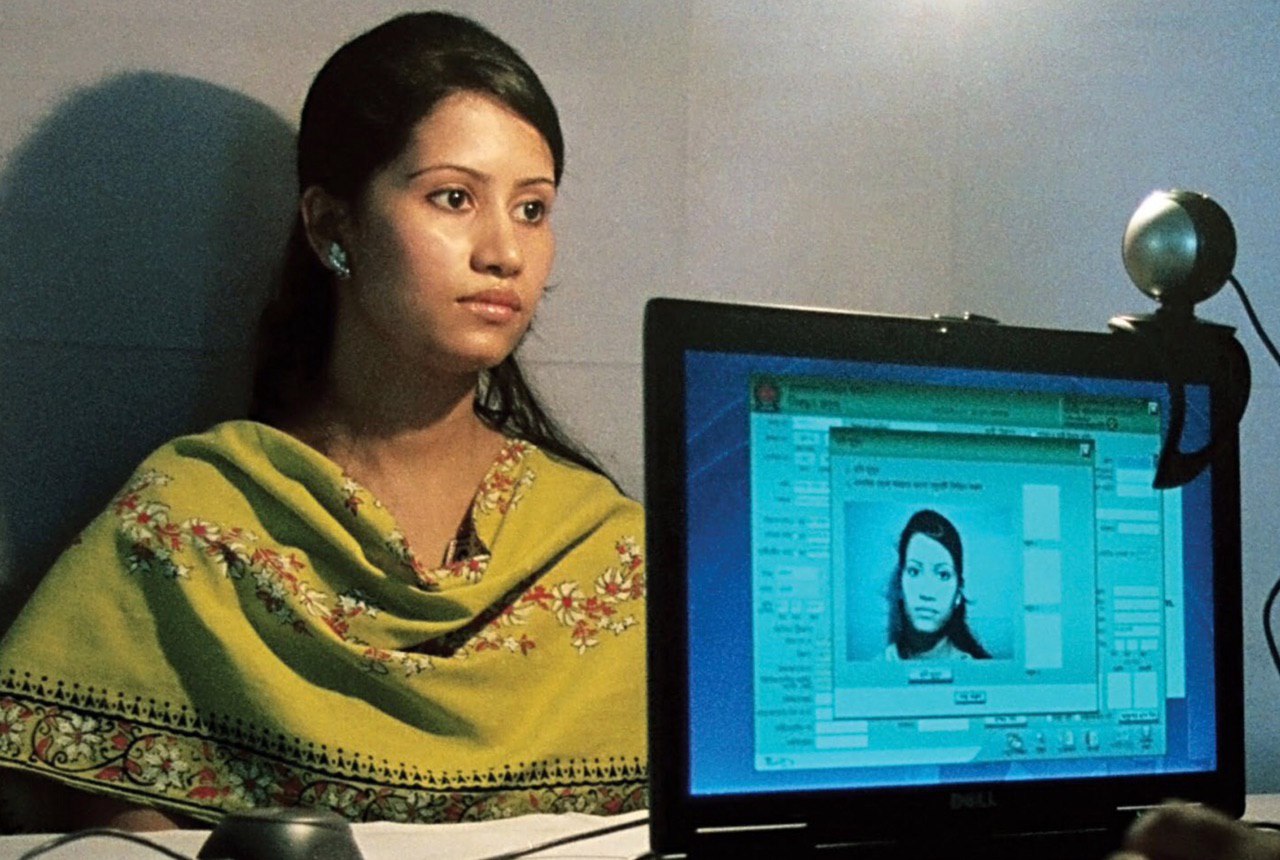
Identification for Development Principles
— According to the Worldbank Identification for development scheme. A global effort is set in place to develop a set of shared Principles that are fundamental to maximizing the benefits of identification systems. In order to achieve sustainable development goals (SDG) come 2030.
The ten-rule principle is centered around a robust and responsive solution with the ability to appeal to a wide variety of Users. One that can protect User rights while covering a universal outreach. These rules are slated with the mindset of creating a secure, inclusive as well as a trustworthy identification system. Specifically to enhance and empower individuals towards their access to rights, services, and formal economy.
As technology continues to enjoy more mainstream adoption, the development benefit increases exponentially. With respect to the successful development of a fully secured identification system. These principles would be subject to future amendments as lessons emerge from implementation. Having that, the confederation has agreed to incorporate new ideas into these principles. Thereby establishing global cooperation to provide legal identity for all.
What is a Digital Identification System?
In modern-day terms, Digital identity refers to a set of attributes that uniquely identifies an online entity. This entity/agent has been an individual, business, application or a device. That generates such sensitive data including but not limited to personal details, online search activities, business meta-data, social security and transaction records.
Similarly, Jonathan Donner describes Digital identification as;
“The recording of certain attributes — biodata, biometrics, claims — in a formal record, a “credential,” that grants specific rights or permissions to the individual. Identification is a concept we care about because it is that process that grants access and rights.”
Just the same, Wikipedia verifies this definition, adding that;
“The information contained in a digital identity allows for assessment and authentication of a user interacting with a business system on the web, without the involvement of human operators. Digital identities allow our access to computers and the services they provide to be automated, and make it possible for computers to mediate relationships.”
Hence increasing the events of a third-party hack!!!
The Worldbank Initiative
Worldbank currently fosters this ‘Principle of Identification’ by means of a consortium comprising of a handful of diverse organizations. Through a regulatory framework, this ‘Principles of Identification’ initiative underway, proffers a method for entities to not only prove their identity. But also protects these end-users against data pilfering while interacting with the world wide web. By creating a unique ID for each individual, it becomes easy to track their participation in societal and economic development. While granting these entities the ability to exercise the range of human rights set out in international laws and conventions.
The major driving force behind the Worldbank initiative is target 16:9 of the UN’s SDG. This principles explicitly specifies the need to grow, verifying this in its opening statements as follows;
“Universal call to action to end poverty, protect the planet and ensure that all people enjoy peace and prosperity.”
Other occurrences as the Cloudflare Outage that could have put in jeopardy, billions of Customer records. Highlights the need for a highly secured identification system. Because, just as building a standardized identification system —particularly digital ones— creates opportunities to further development goals, it’s also fraught with new risks and challenges.
Bitcoin
Central African Republic Becomes First African Country To Adopt Bitcoin As Legal Tender
The new bill provides a framework for use of cryptocurrencies in smart contracts, payments systems, online trade, and all electronic transactions alongside the CFA franc currency.
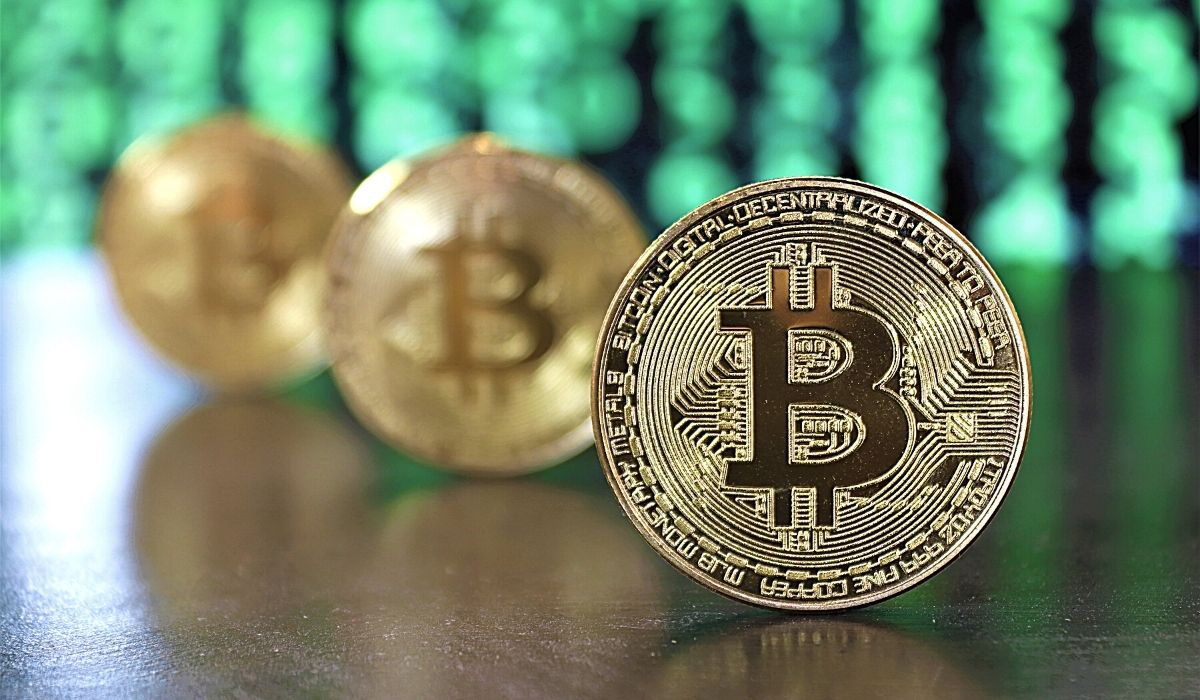
Bitcoin continued to garner attention globally as a national legal tender with Central African Republic becoming the latest suitor. President Faustin-Archange Touadéra signed the bill into law on Wednesday and his chief of staff Obed Namsio hailed the move as one that could forever change the economic fabric of a country that has been embroiled in rebel violence for many years now.
Namsio said the bill was supported by the president because it would improve the citizens’ status. He added it would open up new economic opportunities for the landlocked country. The new bill provides a framework for use of cryptocurrencies in smart contracts, payments systems, online trade, and all electronic transactions alongside the CFA franc currency.
“This move places the Central African Republic on the map of the world’s boldest and most visionary countries,” he said.
Traders will also be capable of paying taxes with crypto and the finance minister Gourna Zacko who introduced the bill, believes it will ease cross-border transfers that have become increasingly difficult to do. These transfers will now become very cheap. Citizens will also be capable of undertaking legal financial transactions in the mainstream financial realms using crypto, and without necessarily going through middlemen banks. Cryptocurrency exchanges will not be taxed.
The bill has clauses that prescribe up to 20 years of imprisonment and a fine of between 100 million to 1 billion CFA francs for anyone who breaks the crypto law.
With a per capita income of only 750 USD per year, the country is one of the poorest in the region and world as a result of years of conflicts and war. This is despite having a vast amount of gold and diamond reserves.
The country would, however, have to pursue an aggressive Internet coverage agenda to make this plan effective. It currently has an Internet penetration rate of just 7.1 percent and 355,000 Internet users out of a total population of 4.97 million people.
It is not clear if and how the new move would help alleviate the country’s ailing inflation or GDP. Inflation has increased from 2.7 percent in 2019 to 3.3 in 2021. The country’s GDP also flipped to the negative last year at -0.6 from a 3.1 in 2019. Despite relying heavily on agriculture and mining, illegal gold and diamond exports undermine government revenue. The country is also embroiled in bad political and economic decisions, conflicts, and insecurity.
The bill that governs use of cryptocurrency as legal tender in the country was unanimously adopted by the parliament last week. However, the move was not approved by the Bank of Central African States (BEAC) which governs the Central African CFA franc regional currency used by the country and about 14 others. The franc is tied to the Euro and largely controlled by the West. Two ministers said the move to adopt Bitcoin as a national currency was a serious offense.
The move was also criticized by former Prime Minister Martin Ziguele who said it was not a priority for the country, and that it was undermining the CFA franc. The decision could also be challenged in court by some legislators.
Cryptocurrency
Cardano’s Charles Hoskinson wants to work with Elon Musk to develop a decentralized social media platform
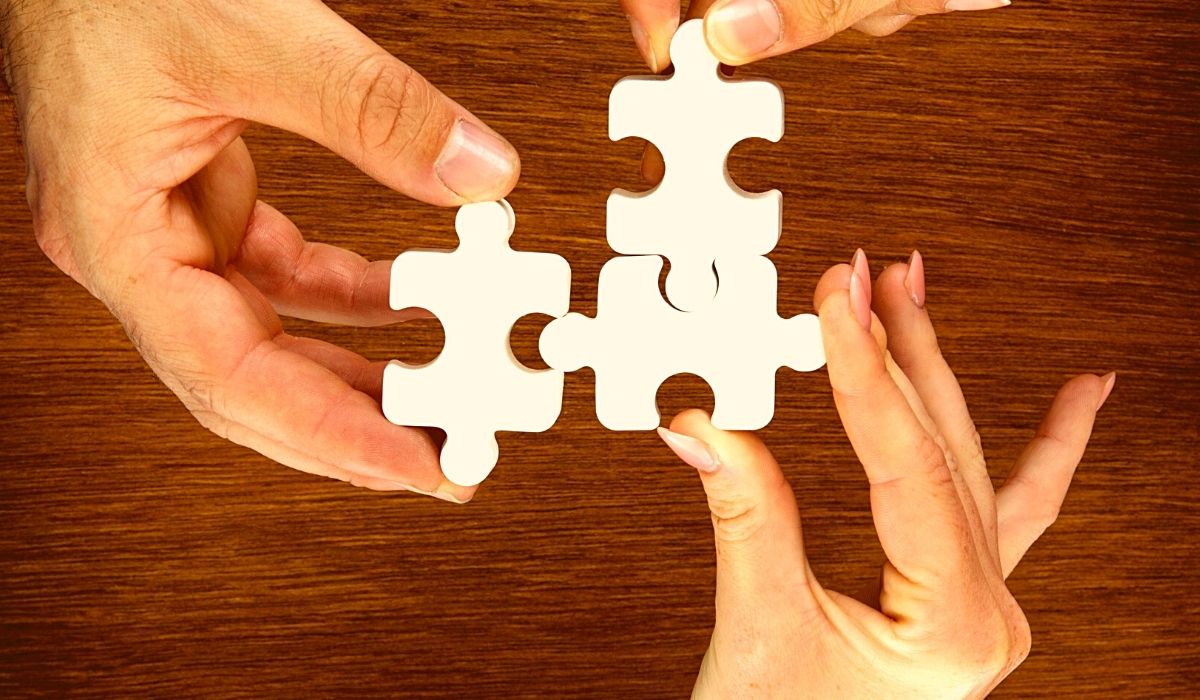
The Founder of Cardano (ADA) has invited Tesla owner and billionaire, Elon Musk, to work with him in developing the first decentralized social media platform. Charles Hoskinson, who also doubles up as the CEO of Input-Output Global is offering to help Elon Musk achieve his goal of free speech on social media.
The news follows Elon Musk’s acquisition of a stake in Twitter last week. The Billionaire bought 9.2% of Twitter, estimated at $2.89 Billion, and was even offered a seat on the micro-blogging site’s board. However, after deliberations, Elon passed on the offer since it would bar him from owning beyond a certain threshold of Twitter’s shares.
Free speech advocate
Elon Musk is on record for being a passionate supporter of free speech and open internet policies. He has in the past openly accused Twitter of muzzling free speech and open internet use. He recently held a poll that indicated that most users would prefer an edit button on Twitter and said that if he is not allowed to acquire the platform, he would have to reconsider his position as a major shareholder of Twitter.
To actualize this cause, he has offered to acquire the platform for a reported fee of $43 Billion in cash. This intended acquisition has left his critics and supporters talking and would go a long way in helping him bring much-needed changes to Twitter. His intention has however come under fire with his critics, including Dogecoin co-founder, Jackson Palmer saying that Elon Musk is planning a hostile takeover of Twitter.
Hoskinson’s offer to Elon Musk
Upon seeing the opposition against Elon Musk’s plan, Hoskinson wooed Elon to join him in creating a decentralized social media platform. He tweeted:
“@Elon if Twitter rejects your offer, then hit me up. Happy to build a decentralized one.”
This offer follows Elon Musk’s Twitter poll where he sought the opinion of his 80 million followers about a decentralized social media platform. He posited that were he to be barred from acquiring Twitter, he would establish his decentralized platform that would be founded on free speech and open internet.
Elon Musk’s campaign for free speech and open internet has not been welcomed by all. Some of his critics have argued that coating his move with good intentions, his true intention is to get revenge against the SEC for muzzling his Twitter activities.
-

 Cryptocurrency5 years ago
Cryptocurrency5 years agoRipple Sends $26 Million Worth of XRP to Jed McCaleb, XRP Army Fears Another Dump in Price
-

 Cryptocurrency5 years ago
Cryptocurrency5 years agoChina Is Set To Launch A Legal Cryptocurrency In The Second Half Of 2019
-

 Cryptocurrency5 years ago
Cryptocurrency5 years agoHODLers Plead With Ripple Inc. Not To Dump XRP Tokens Anymore
-

 Blockchain5 years ago
Blockchain5 years agoThe Future Of Publishing With Blockchain, Steemit vs. Publish0x
-
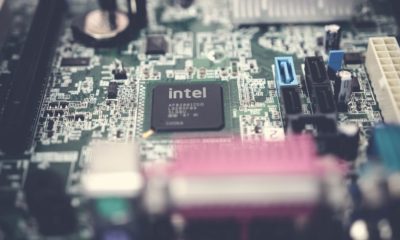
 Cryptocurrency5 years ago
Cryptocurrency5 years agoIntel’s 10th Generation Processors: A Hard Pick From a Buyer’s Point of View
-
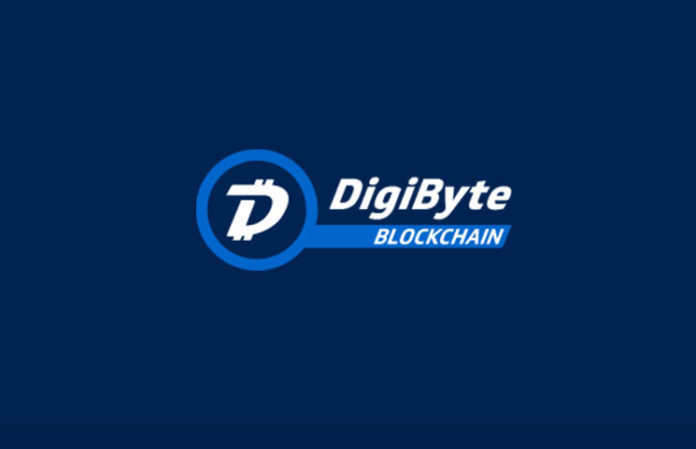
 Cryptocurrency5 years ago
Cryptocurrency5 years agoHow to Exchange and Withdraw Digibyte to Bitcoin/Ethereum on any exchange platform
-
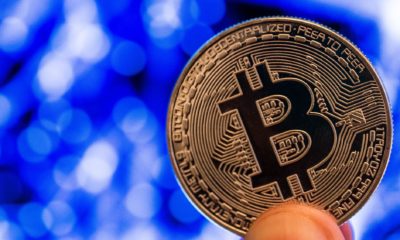
 Cryptocurrency5 years ago
Cryptocurrency5 years agoWhy Bitcoin Is Better Than Other Cryptocurrencies
-
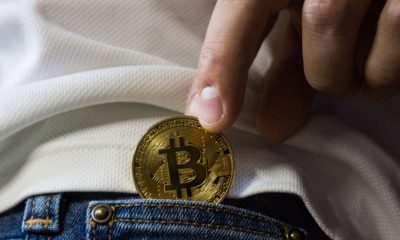
 Cryptocurrency5 years ago
Cryptocurrency5 years ago40% Of Bitcoins Are Stored On Wallets With A Balance Of Over 1000 BTC






